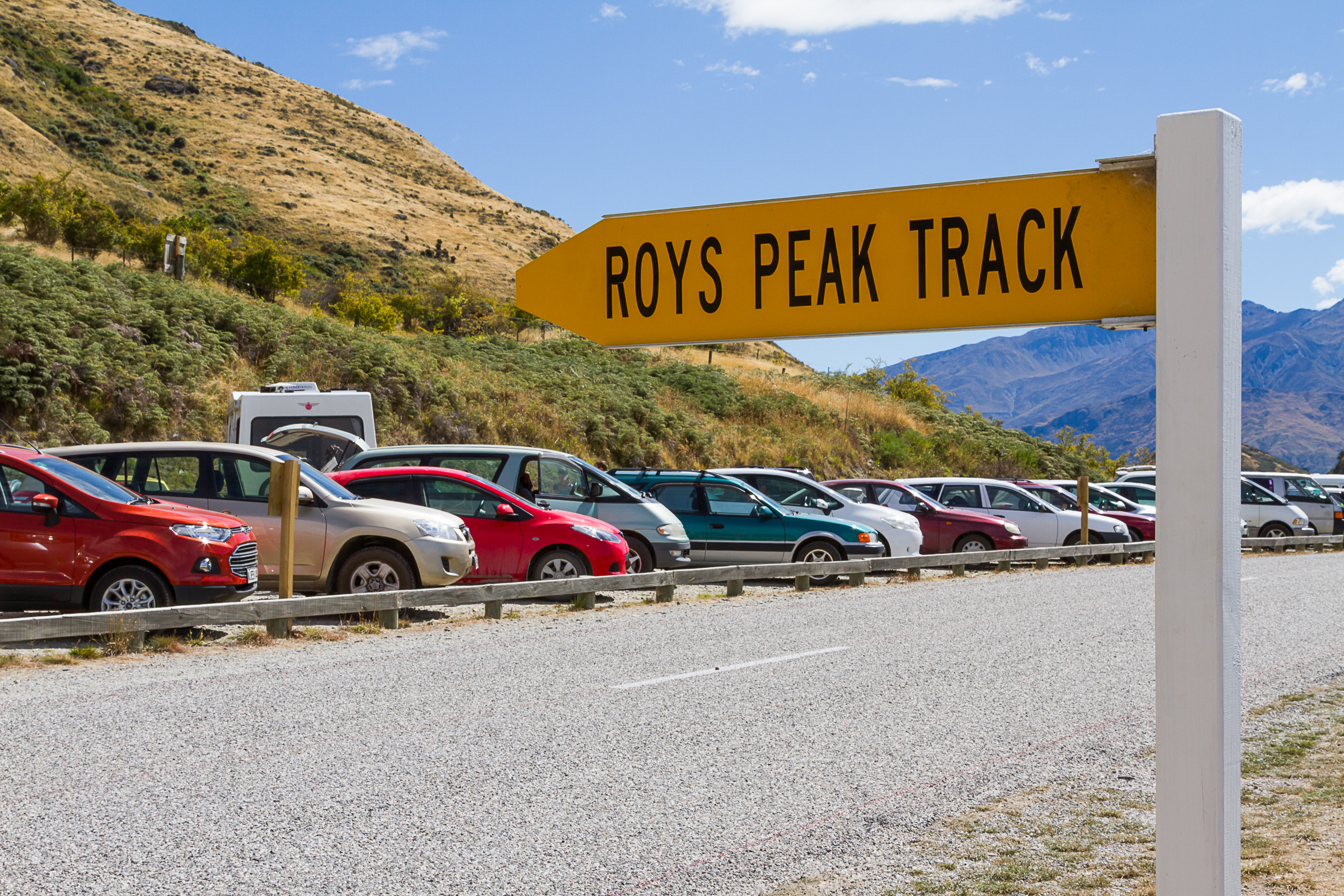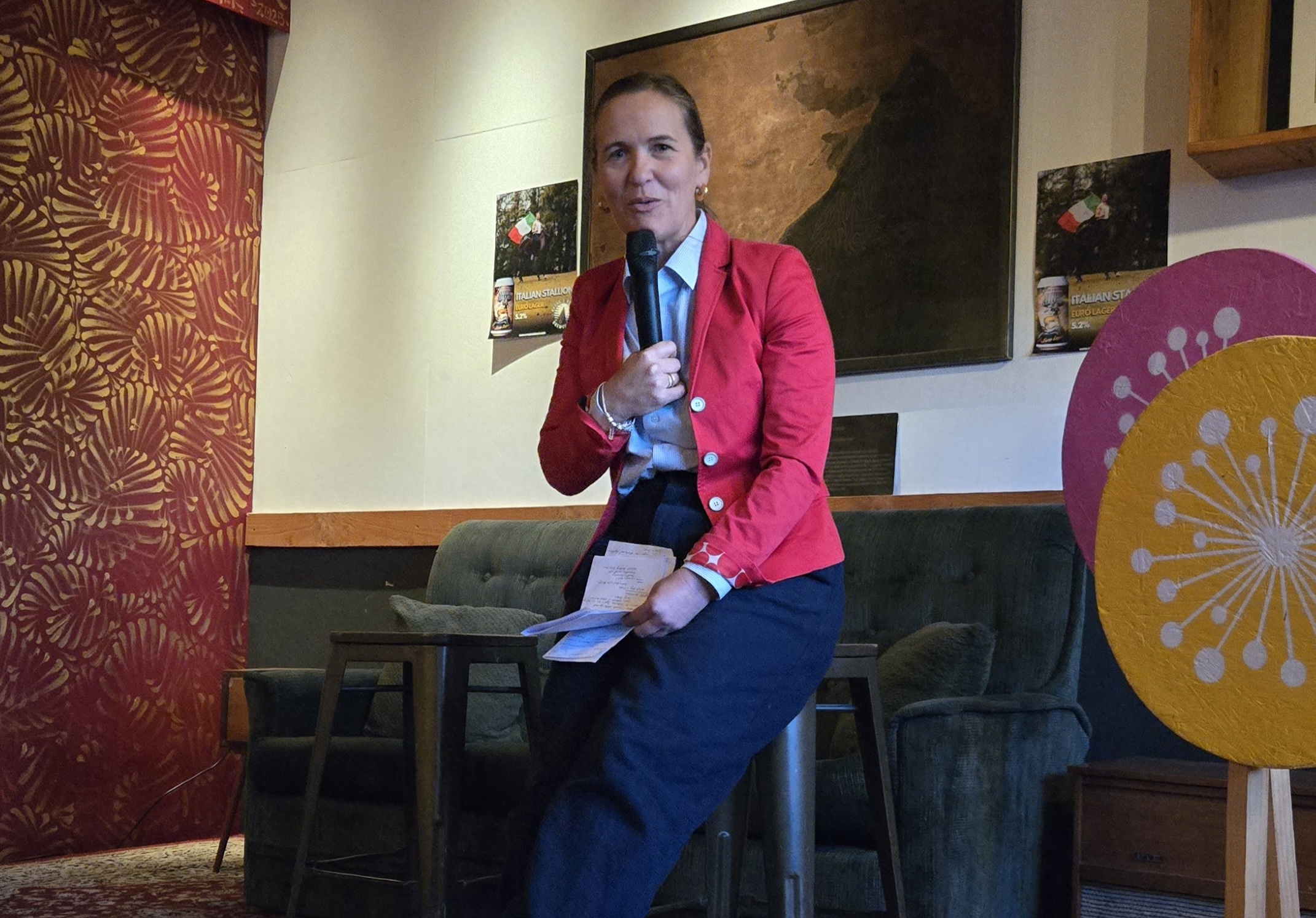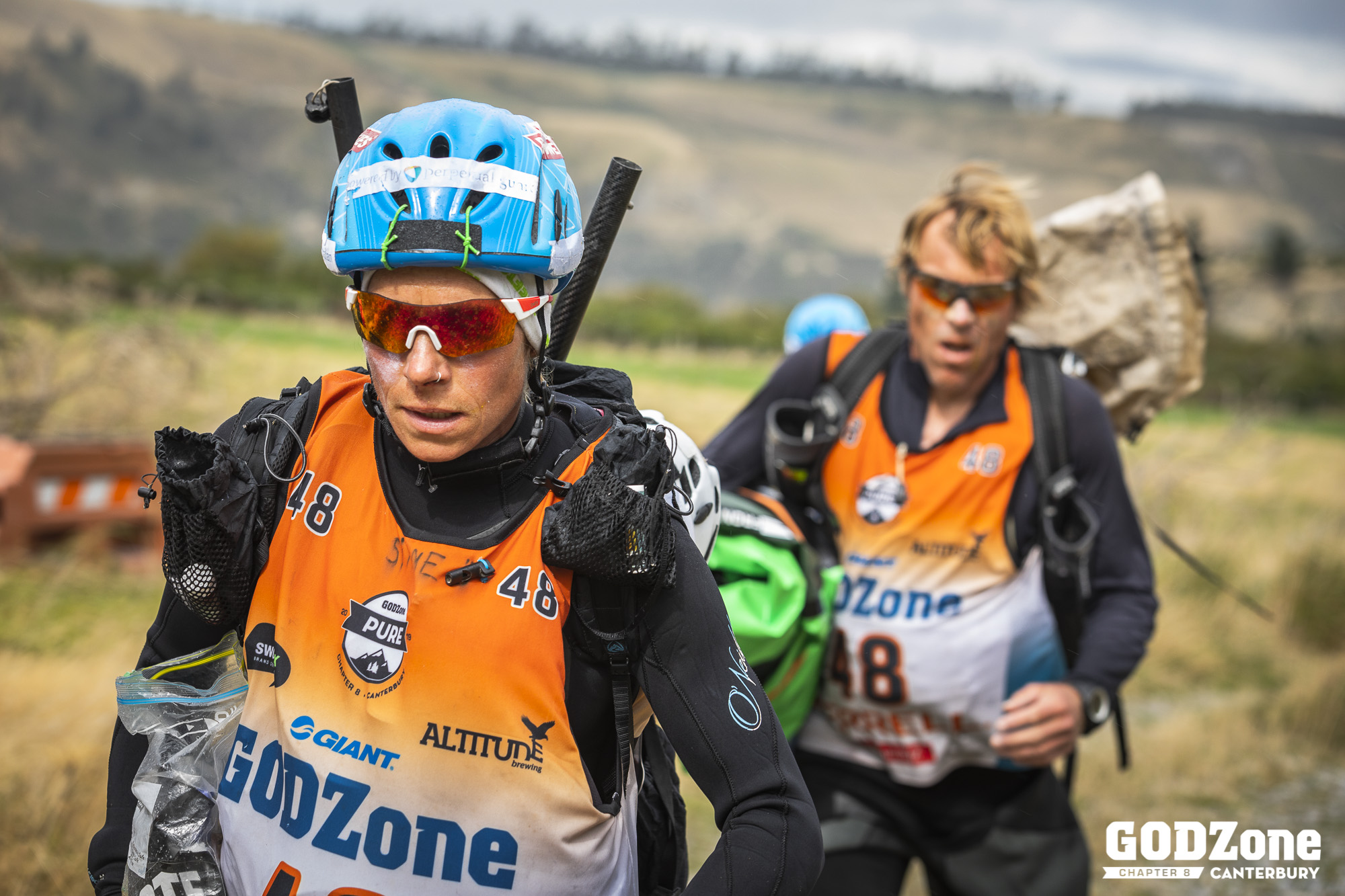Paid parking requires caution - tourism boss
Maddy Harker
17 August 2025, 5:06 PM
 Roys Peak, which has a DOC-managed carpark, is one of the most popular day walks in the country. PHOTO: Supplied
Roys Peak, which has a DOC-managed carpark, is one of the most popular day walks in the country. PHOTO: SuppliedA paid parking trial planned for Punakaiki Pancake Rocks and Franz Josef Glacier is being closely watched in Wānaka, with the local tourism boss noting it should be considered in the wider context of other charges facing visitors.
The Department of Conservation (DOC) trial will see parking at the two tourism hotspots charged at $5 per hour or $20 per day, with concessions for locals (within district boundaries) and tourism operators.
Lake Wānaka Tourism and Destination Queenstown chief executive Mat Woods told the Wānaka App that fees of this kind need to be managed carefully.
“It’s important the government reviews visitor fees and charges as a whole system, and more importantly that funds are invested back into the place where they’re collected,” he said.
“Parking fees are a way to help better manage popular sites, ensuring everyone contributes and can appreciate our most treasured natural attractions.”

Lake Wānaka Tourism and Destination Queenstown chief executive Mat Woods urges a big-picture view on visitor charges ahead of paid parking trials. PHOTO: LWT
He noted that a $100 international visitor levy is already collected at the border per person and it will soon cost another $20 - $40 to enter four national parks around the country.
“Add parking into the mix and the fees accumulate, it starts getting expensive, and we will start seeing the impact,” Mat said.
The nine-month paid parking pilot is planned to start in October, with a trial at Aoraki/Mount Cook to follow in December.
As well as the hourly and daily fees, there will be an annual pass for locals (within district boundaries) for $10 per year, a $60 annual pass for other regular visitors, and concession-holding tourism operators will be able to apply for a parking fee exemption during the pilot.
“The pricing proposal aims to answer submitters’ calls for an initial free period, special consideration for locals, and a reasonable price for visitors,” DOC director of heritage and visitors Catherine Wilson said.
“It is designed to be simple and easy to understand and provide different fee options tailored to different users of the car parks.”
Legislation allows DOC to levy “fair and reasonable fees” for the use of its facilities, which include campsites, huts and car parks, Catherine said.
“This is standard practice at many national parks overseas,” she said.
“Most international visitors accept this as a necessary contribution to support the amazing nature they come to New Zealand to enjoy.”
Once the pilot is complete and the outcomes reviewed, a decision will be made on whether to continue with paid parking at the three sites, and whether to extend it to other busy sites.






